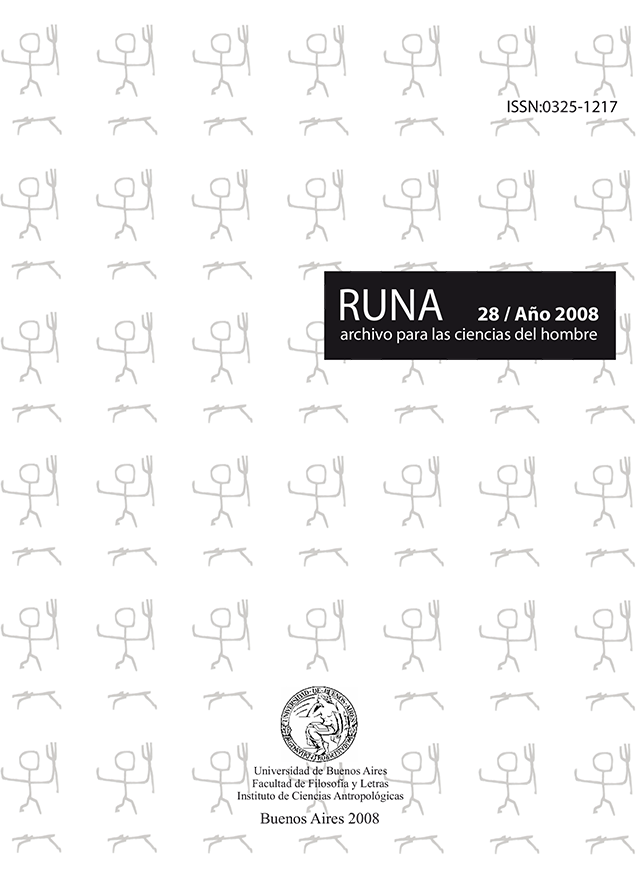El sustrato étnico de la política de drogas. Fundamentos interculturales y consecuencias sociales de una discriminación médico/jurídica
Abstract
From an anthropological perspective focused on the incidence of culturaldiversity in the definition of laws in modern states, we consider that the historicalfact of the prohibition of psychoactive drugs is based on the opinion that qualifiesas a vice certain habits belonging to members of different cultures. Drugs which areconsidered unlawful are precisely the ones associated in its moment of spreading inthe U.S.A. -epicentre of the standard policy- with foreign minorities: the opium withthe chinese, the cocaine with the african-americans and the marihuana with thehispanics -as well as mushrooms and cactus with the aborigines. As a conclusion weobserve that, carried out at an international level as an instrument forneocolonization, the global policies on drugs justify a repressive attitude that,criminalizing behaviour considered socially "deviated" -which turns into an "illness"due to the judgment of medical authorities-, eventually perpetuates a way ofundercover ethnical discrimination.Downloads

Runa, archivos para las ciencias is a publication of the Instituto de Ciencias Antropológicas, Facultad de Filosofía y Letras, Universidad de Buenos Aires and is distributed under a Creative Commons Attribution 4.0 International License.
Runa maintains its commitment to the policies of Open Access to scientific information, considering that both scientific publications and publicly funded research should circulate on the Internet freely, free of charge and without restrictions.
The contents and opinions expressed in published articles are the sole responsibility of their authors.



















